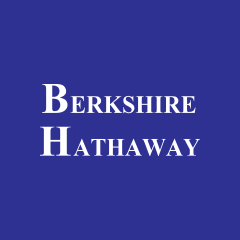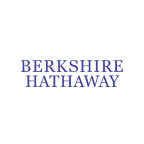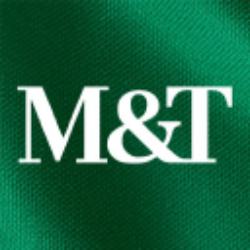
U.S. Bancorp
USBU.S. Bancorp (USB) is a financial services holding company and the parent of U.S. Bank National Association. Founded in 1863 and headquartered in Minneapolis, Minnesota, it provides a wide range of banking, investment, mortgage, trust, and payment services to individual, corporate, and institutional clients across the United States. U.S. Bancorp is known for its retail banking network, commercial banking, and wealth management services.
Dividend History
| Pay Date | Amount | Ex-Date | Record Date |
|---|---|---|---|
| January 15, 2026 | $0.52 | 2025-12-31 | 2025-12-31 |
| October 15, 2025 | $0.52 | 2025-09-30 | 2025-09-30 |
| July 15, 2025 | $0.50 | 2025-06-30 | 2025-06-30 |
| April 15, 2025 | $0.50 | 2025-03-31 | 2025-03-31 |
| January 15, 2025 | $0.50 | 2024-12-31 | 2024-12-31 |
Dividends Summary
- Consistent Payer: U.S. Bancorp has rewarded shareholders with 89 dividend payments over the past 22 years.
- Total Returned Value: Investors who held USB shares during this period received a total of $28.16 per share in dividend income.
- Latest Payout: The most recent dividend of $0.52/share was paid 8 days ago, on January 15, 2026.
- Yield & Schedule: USB currently pays dividends quarterly with an annual yield of 3.63%.
- Dividend Growth: Since 2004, the dividend payout has grown by 116.7%, from $0.24 to $0.52.
- Dividend Reliability: USB has maintained or increased its dividend for 68 consecutive payments.
Company News
Wall Street declined sharply on Tuesday following President Trump's aggressive trade threats toward Europe, with potential tariffs reaching 25% or higher. The S&P 500 fell 1.5%, Nasdaq 100 dropped 1.4%, and Treasury yields climbed to 5-month highs. Safe-haven assets like gold and silver surged, while Bitcoin fell below $90,000. Most major earning...
QuoteMedia reported 10% year-over-year revenue growth to $5.2 million in Q3 2025, secured major new contracts, and improved net loss compared to the previous year, with management expressing confidence in future performance.
Despite recent challenges in the regional banking sector, three banks - U.S. Bancorp, PNC Financial Services Group, and Capital One Financial - reported strong Q3 earnings, demonstrating resilience amid commercial real estate concerns and interest rate uncertainties.
U.S. stock futures rose on Thursday, with key companies like Salesforce and Charles Schwab in focus. The market anticipates earnings reports and monitors Federal Reserve signals about potential interest rate cuts.
QuoteMedia reported Q2 2025 revenue of $4.93 million, a 5% year-over-year growth, secured major new contracts, and experienced reduced profitability due to changes in development cost capitalization.









